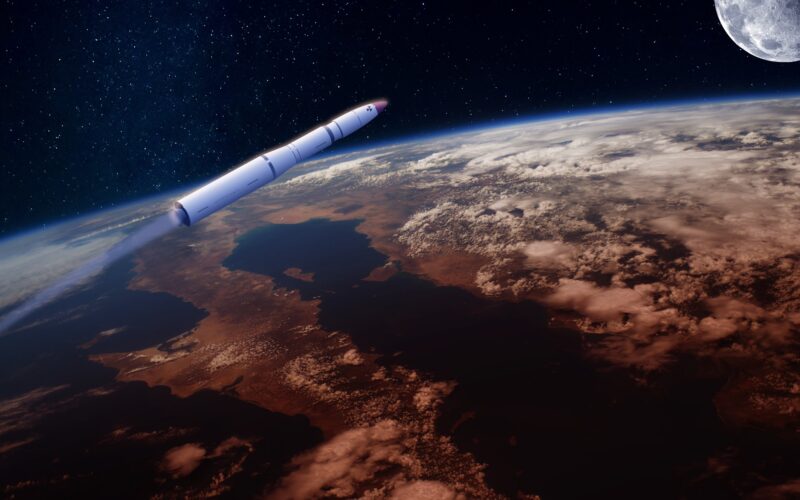US Assistant Secretary of Defense for Space Policy John F. Plumb has stoked fears that Russia may be in the process of developing what he termed an “indiscriminate” space-based nuclear weapon.
Plumb expressed concerns about the implications of such a weapon at a hearing of the US House Armed Services Committee on May 1, 2024.
“The concept that we are concerned about is Russia developing – if we are unable to convince them otherwise – to ultimately fly a nuclear weapon in space, which would be an indiscriminate weapon,” Plumb stated. He emphasized that such a weapon would not distinguish between military, civilian, or commercial satellites and could have far-reaching consequences, rendering areas in low-orbit unusable by spacecraft for over a year.
“It is not imminent in the way that we should have to worry about it right now, but we are concerned about it,” Plumb added.
These concerns come in the wake of Russia’s veto on April 24, 2024, of a United Nations Security Council resolution drafted by the United States. The resolution aimed to prevent an arms race in space and uphold the obligations outlined in the 1967 Outer Space Treaty.
The UN resolution sought to reaffirm the commitment to the peaceful use of outer space and prevent the placement of weapons of mass destruction in orbit around the Earth.
The 1967 Outer Space Treaty
During the race to land on the moon, the Soviet Union, the US and the UK signed the Outer Space Treaty of 1967, which governs the exploration and use of outer space, including the moon and other celestial bodies.
This treaty, which has been ratified by 110 nations, prohibits the installation of nuclear weapons or any other form of weapon of mass destruction in Earth’s orbit, stockpiling them on the Moon, on any other celestial body, or in outer space.
The treaty has played a crucial role in maintaining peace in Earth’s orbit for over 50 years. It ensures that space is accessible to all countries without any national claim and limits the military’s use of space to observation and communication applications.
But in recent years, the delicate balance of peace in Earth’s orbit, safeguarded by the Outer Space Treaty, has faced mounting challenges.
Towards a remilitarization of space?
As geopolitical tensions escalate and diplomatic endeavors stagnate, reports of satellite interference are on the rise. Incidents involving ground lasers targeting satellites or the deployment of space drones to disrupt orbital operations have become increasingly frequent.
In September 2018, France’s Defense Minister Florence Parly claimed that, during the previous year, the Russian Luch satellite, also known as Olymp-K, had attempted to spy on the Franco-Italian satellite Athena-Fidus. The latter provides high-speed and secure telecommunications services by satellite to the military forces and emergency services of both nations.
In April 2021, the US Office of the Director of National Intelligence issued a report warning of China’s development of weapons capable of targeting US and allied satellites.
Moreover, there are signs that old Cold War-era concepts are resurfacing amidst these tensions. One such concept is the Fractional Orbital Bombardment System or FOBS, which involves placing nuclear warheads in orbit to strike targets from unexpected trajectories. Reportedly, China has explored this by testing a hypersonic orbital glider with nuclear capacity in August 2021.
Reviving such strategies threatens to escalate conflicts beyond Earth’s atmosphere and erode the longstanding norms established by international space treaties.

